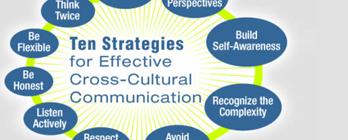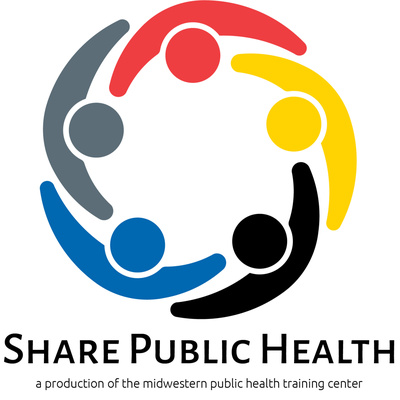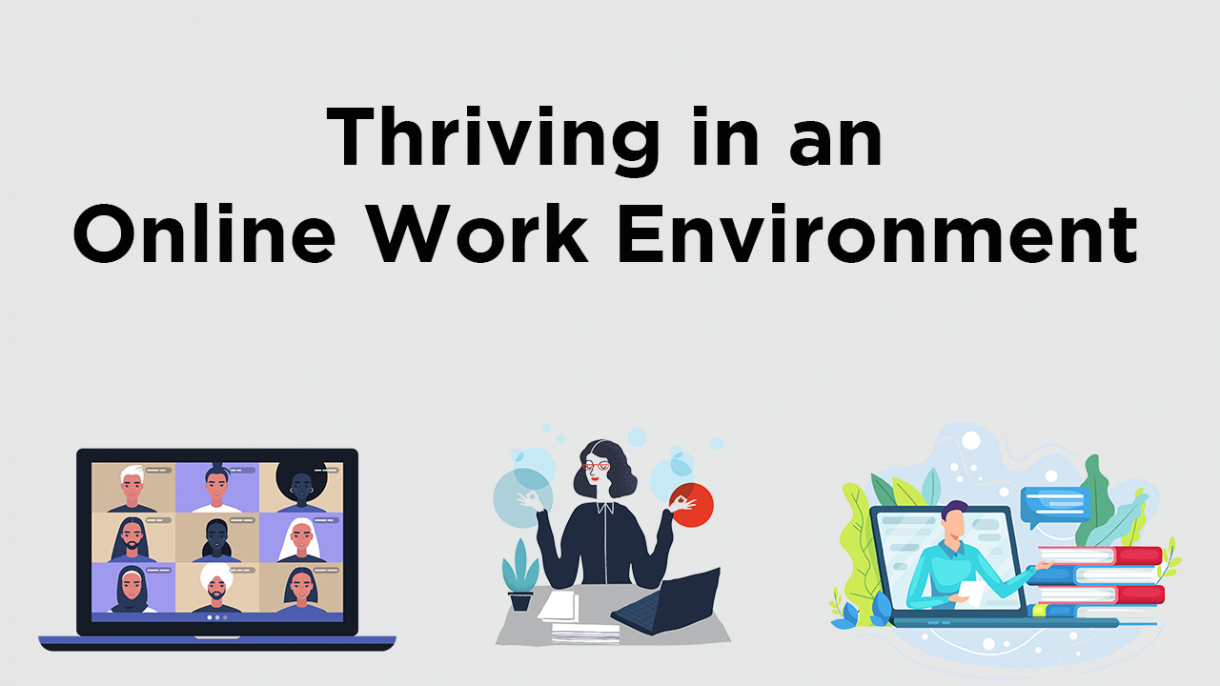This course invites learners to spend time thinking about and developing their own responses to a variety of ideas and situations about culture, communication and public health. Learners will explore the meaning of culture, methods of communications, and strategies for communicating more effectively.
Intended Audience
General
Learning Objectives:
- Give examples of discriminating and non-discriminating practices in providing public health services
- Recognize effective methods/strategies/techniques for unbiased communication
- Explain how effective cross-culture communication influences public health service and program acceptance
- Identify specific factors that influence and individuals or group’s acceptance of public health information and services
- Describe job-specific benefits and effective cross-cultural communication
- Define culture. Explain the importance of a diverse public health workforce
- Develop increased awareness of diversity
- Understand how and why stereotypes/generalizations are created
- Identify the cultural groups served by the unit/organization the participant represents
Pre-requisites/Learning Level
No pre-requisites
Competencies addressed
Communication 1.6. and 1.7. Apply appropriate methods for interacting sensitively, effectively, and professionally with persons from diverse backgrounds. Recognize cultural and linguistic differences when communicating and appropriately seek translation services and/or interpreter.
CEUs Offered
2.5 CHECH in health education, 2.5 contact hours in nursing, 2.5 hours general
Cost
Free
Modality/format
Online Self-Pace
Length
2.5 hours
Presenter(s) and/or Content Experts
Marita Murrman
Technical requirements:
- Adobe Acrobat Reader
- Flash Player
- Speakers
Registration requirements
Register a free account
Creation and/or update
October 17,2012




